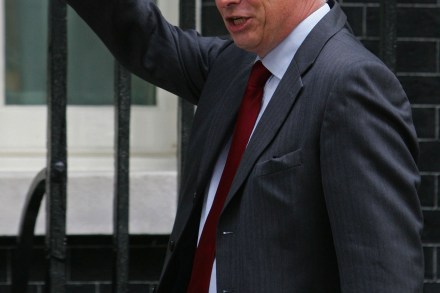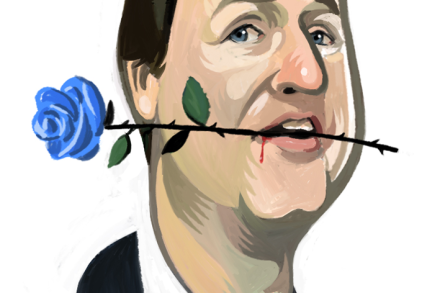Memo to the Left: Blair Won Because He Hated You
Over at Liberal Conspiracy our old friend Sunny Hundal calls out Tony Blair: It was always obvious that Tony Blair hated the left. His recently published book said nothing new on that front. What’s staggering is how easily he dismisses even close Labour colleagues and ministers. […] What does it say about Tony Blair’s loyalty to the party and the movement? What does it say about his committment to pluralism within the party? What it says is that Tony Blair was interested in winning elections. This is not rocket science. We may not like this aspect of British politics but, at the moment anyway, the public is extremely wary of









